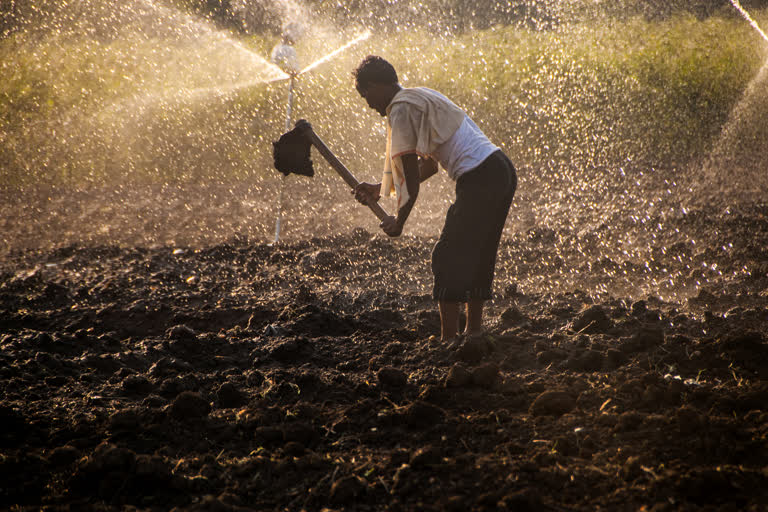London: Experts from the UK and India have concluded that harnessing smartphone technology which could help Indian farmers not only make better business decisions but also tackle the sustainable cooling challenges being faced by the country.
The University of Birmingham, working with the Shakti Sustainable Energy Foundation and MP Ensystems to uncover the cooling needs of farmers in the states of Haryana, Punjab, Maharashtra and Karnataka, launched a new report on Thursday to highlight the potential of smart tech.
The 'Promoting Clean and Energy Efficient Cold-Chains in India' report finds that using mobile apps and data analysis to manage harvesting and logistics could help to reduce the amount of food wasted between farm gate and supermarket shelf, whilst boosting farmers' incomes and reducing the environmental impact of much-needed food cooling.
The recommendation is part of a four-point "roadmap" developed by the experts, which includes promoting new business models that involve the communities taking charge of their own cooling needs; establishing "Living Labs" in rural communities where new technology can be tested among many other things.
Toby Peters, Professor in Clean Cold Economy at the University of Birmingham, said: "We're proposing a radical new approach to cooling provision with recommendations combined with the government of India action to address needs from the first to last mile of the cold-chain as well as those of the broader rural community.
"We must build capacity whilst demonstrating the efficiency of new technology that people will be able to use easily and affordable. For example, with increased penetration of mobile-based apps and technologies in rural areas, there is potential for an information-based system to help make informed marketing decisions and boost farmers' incomes."
Effective refrigeration is essential to preserve food and medicine. It underpins industries and economic growth, while air conditioning is key to sustainable urbanisation and human productivity and makes much of the world bearable - or even safe - to live in.
The problems in India are acute, where up to 50 per cent of food is lost post-harvest because of lack of cold chain. The new report highlights that only 4 per cent of produce that would benefit from a cold-chain actually does so, compared with around 70 per cent in a country like the UK.
Read more:China's 2nd Belt and Road Forum meet today; India to give it a miss
